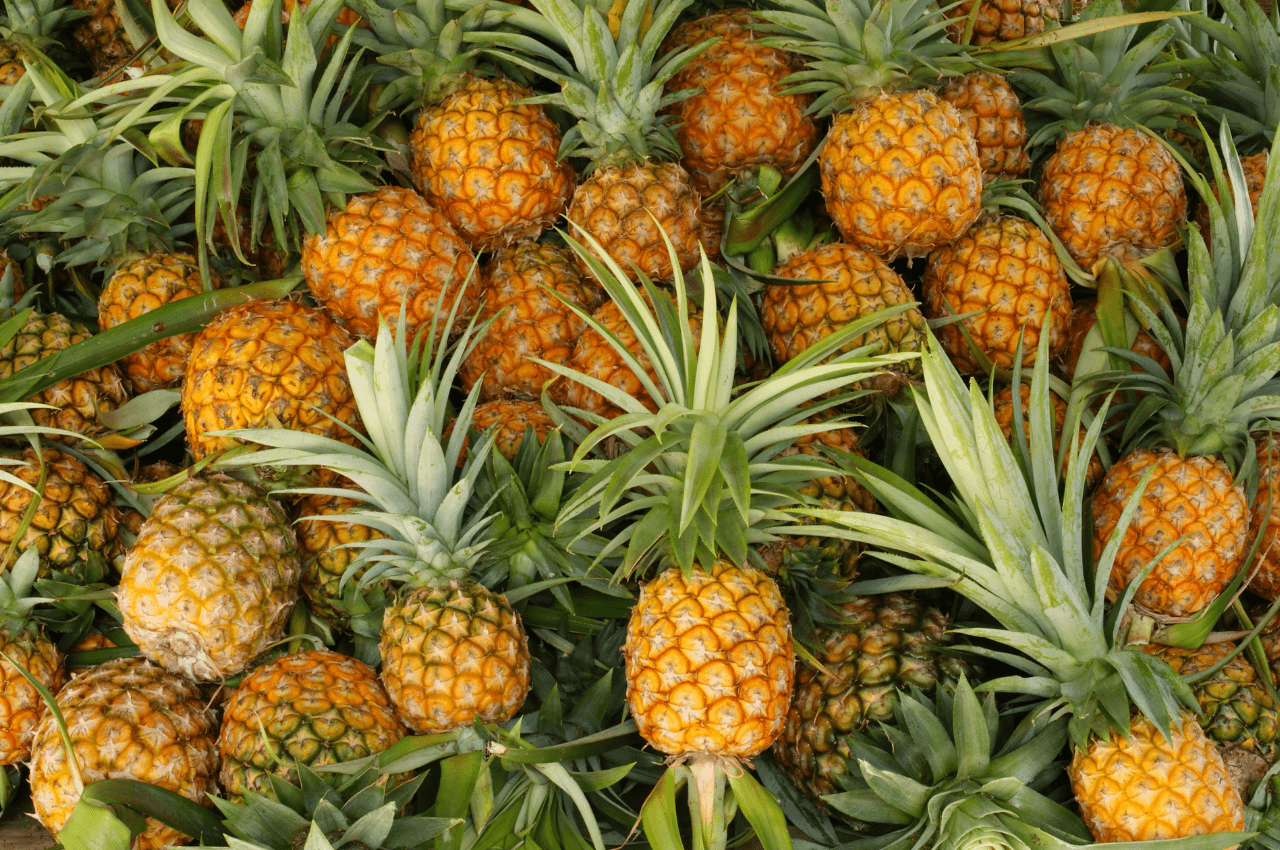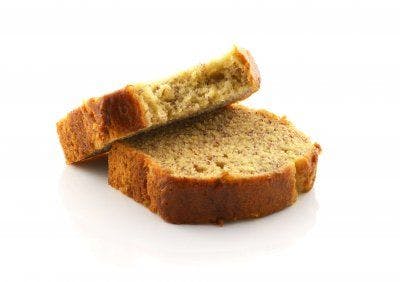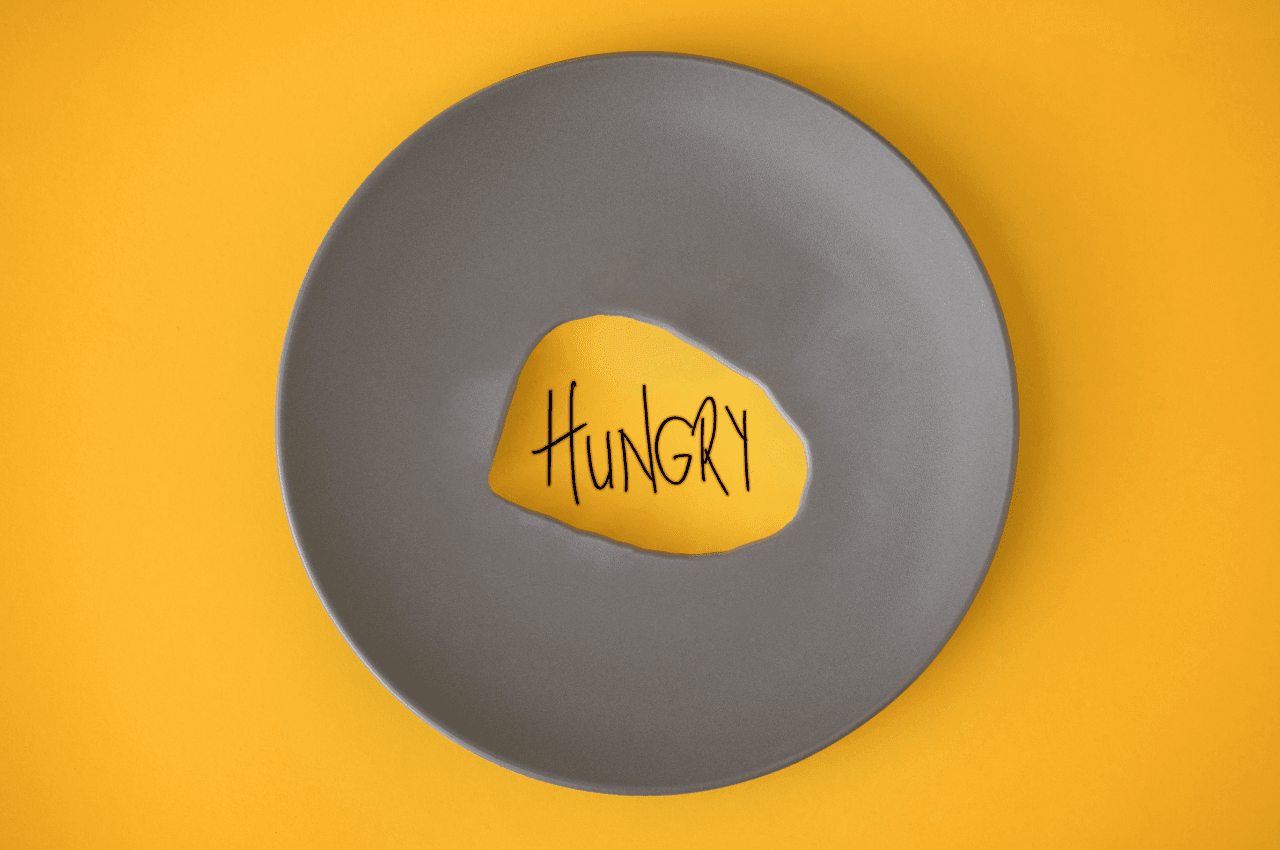Nootropics Explained: Do They Boost Brain Function?
•Wellbeing

Share
Cognitive function is a mental ability we all want to try and preserve. It includes learning, reasoning, memory recall, attention and more. While we know there are foods that have been proven to boost brain health and contribute to preserving our cognitive function, supplements called nootropics, also known as smart drugs, cognitive enhancers and brain boosters are on the rise, but do they really work?
Let us explain the science.
How Do They Affect The Brain?
The term nootropics was coined by a Romanian psychologist and chemist in the early 1970s, describing compounds that could potentially boost memory recall and learning abilities.
They are said to improve the transmission of signals between nerve cells, maintaining the health of the cells and boosting energy production. Some of the supplements – which are typically sold as patches, chewing gum, gummies and pills – contain antioxidant properties which may reduce damage nerve cells in the brain.
But are they safe? And which ingredients are considered to be nootropics?
The Most Common Nootropics Ingredients
Ashwaghanda
Ashwaghanda is a plant extract used in Indian Ayurvedic medicine for boosting memory and cognitive function.
A study saw improved cognitive function in people that took 225-400mg of Ashwaghanda daily for 30 days – this includes the ability to switch tasks, memory recall, reaction time, and managing decision making.
There have been similar effects in older adults with partial cognitive impairment. However, studies are limited and have only ever been conducted for a short time.
L-theanine
L-theanine is a supplement that may increase production of the alpha waves in the brain. They’re linked to increased alertness and perception of calmness. L-theanine comes as a drinkable supplement or in chewing gum.
It’s direct effect on cognitive function is still up for debate. Studies have shown different outcomes on different people regardless of how long they were taking the supplements daily.
There has been a connection between combining L-theanine with caffeine which has shown increased alertness, which leads us to number three on the list!
Caffeine
Your morning cup just might be boosting your brain. Caffeine stimulates the nervous system and increases alertness. It’s rapidly absorbed into the blood stream and also increases reaction time and mood. That's why it's in The Lady Shake BOOST!
Genetics can affect how fast your body metabolises caffeine, so some people may need more than others to experience the brain boosting effects.
Creatine
Commonly used as a sports supplement, creatine is associated with how our bodies generate energy, but it also has cognitive effects.
One study conducted in healthy adults aged 66-76 who took creatine supplements had improved short-term memory. Although studies are limited, some side effects of creatine supplements include weight gain, gastrointestinal issues and may impact the liver and kidneys.
The Bottom Line
Creatine and caffeine have sufficient evidence for brain boosting abilities but when it comes to safety and efficacy, results are inconclusive.
If you’re keen on trying any kind of nootropic supplements, always consult your healthcare provider.
For now? You could try these mood-boosting foods, as well as foods that support healthy brain ageing, and if you’re a senior, here are some tips on how you can prevent cognitive decline.






